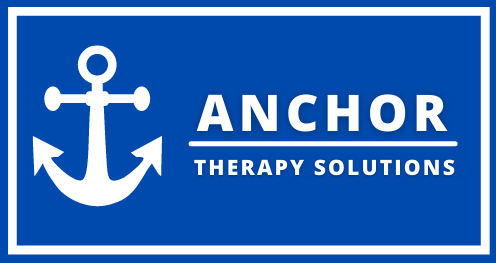Frequently Asked Questions
FAQs
What is Occupational Therapy?
Occupational Therapy provides a holistic approach for people of all ages to assist individuals to engage in meaningful activities and function at their highest ability level. We do not assist people in obtaining “jobs” but rather the term occupation means everything someone does that occupies their time.
Providing skilled therapy evaluations / assessments and treatments to increase overall independence
Assessing / modifying all tasks and the environment to promote independence
Injury prevention and maintaining abilities for a lifetime
Focused on long term health and overall well-being
Occupational therapists are experts in the following:
Adapting the Environment
Adaptive Equipment
ADHD
Bathing and Showering
Care of Others
Care of Pets
Child Rearing
Communication Management
Dressing
Driving and Community Mobility
Durable Medical Equipment Recommendations and Modifications
Eating and Swallowing
Education
Ergonomics
Falls Prevention
Feeding
Financial Management
Fine Motor Skills
Functional Mobility/Active Movement
Handwriting
Health Management and Maintenance
Home Establishment and Maintenance
Leisure
Meal Preparation and Clean Up
Neuromuscular Reeducation
Pain Management
Personal Device Care
Personal Hygiene and Grooming
Play
Prosthetics & Prosthetic Training
Religious and Spiritual Activities
Rest and Sleep
Safety Procedures and Emergency Responses
Sexual Activity
Shopping
Social Participation
Toileting and Toilet Hygiene
Upper extremity issues/injuries
Wheelchair Management
Work
Where will you find an occupational therapists working?
Hospitals, in-patient rehab, telehealth therapy, skilled nursing facilities, assisted living facilities, outpatient rehab/neuro clinics, sports rehab clinics, pelvic floor therapy clinics, hand therapy clinics, lymphedema speciality clinics, cancer centers, home safety modification, home health/home care, schools, pediatric facilities, early intervention, academic settings, mental health, workplace/ergonomics evaluator/injury prevention, prisons and more...
Are you similar to a physical therapist?
Yes PT/OT do overlap in many ways but the disciplines are different. The physical therapist primarily based off a biomechanical approach, treating the the physical impairments. Whereas the occupational therapist focuses on the whole person (biopsychosocial approach) rather than the impairment or ailment. An occupational therapist will focus on decreasing pain, improving strength & range of motion in order to increase overall function, potential visual impairments, cognitive issues, balance issues, general coordination abilities and much more…
Do I need a referral from my primary care provider?
It depends. In the state of North Carolina, occupational therapists are able to see patients without a referral, however it depends on your insurance provider. Please contact us directly for further details.
Do you provide wellness visits?
Yes, wellness visits can be scheduled for individuals 18 years old and older. This is termed wellness because it is to maintain current ability levels and prevent decline.
Do we offer cash based services?
Yes, at this time there are cash based services. Competitive pricing for outpatient occupational therapy concierge services at home and via Telehealth.
Additionally, there is a flat rate cash fee for expert home evaluations and assessments.
What insurance do you accept?
We are a Medicare Part B approved provider.
We are also in-network with MedCost insurance.
We collaborate and see many patients with Humana and Aetna.
We credentialed as out-of-network with TriCare
Currently, we are considered “out-of-network” with other insurance providers. We are happy to discuss options and accept all patients - it is usually a similar co-pay as any in-network provider and you would submit billing directly to the insurance.
We print a document called a “superbill,” for you to submit to your insurance for reimbursement.

